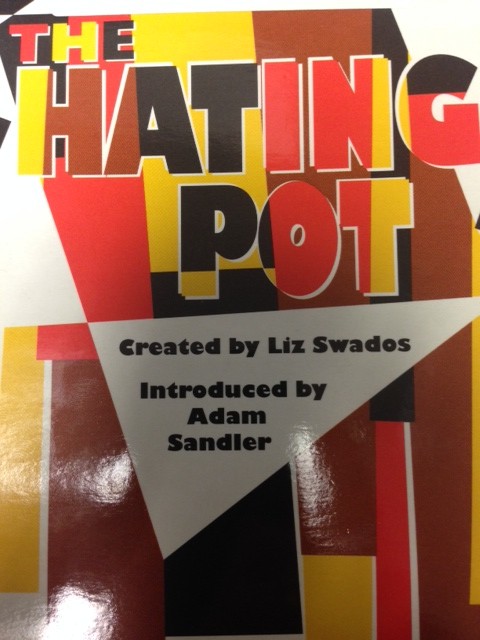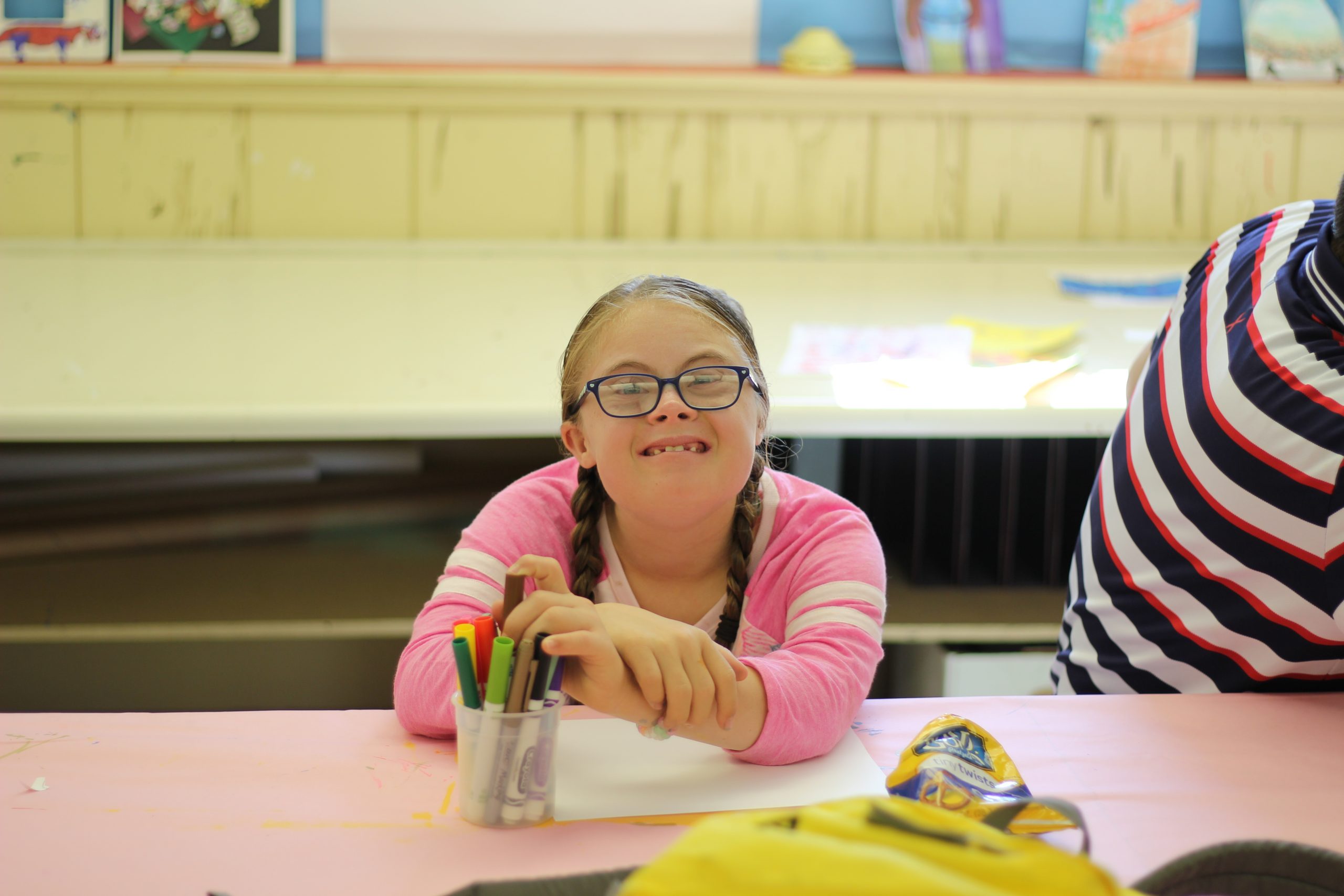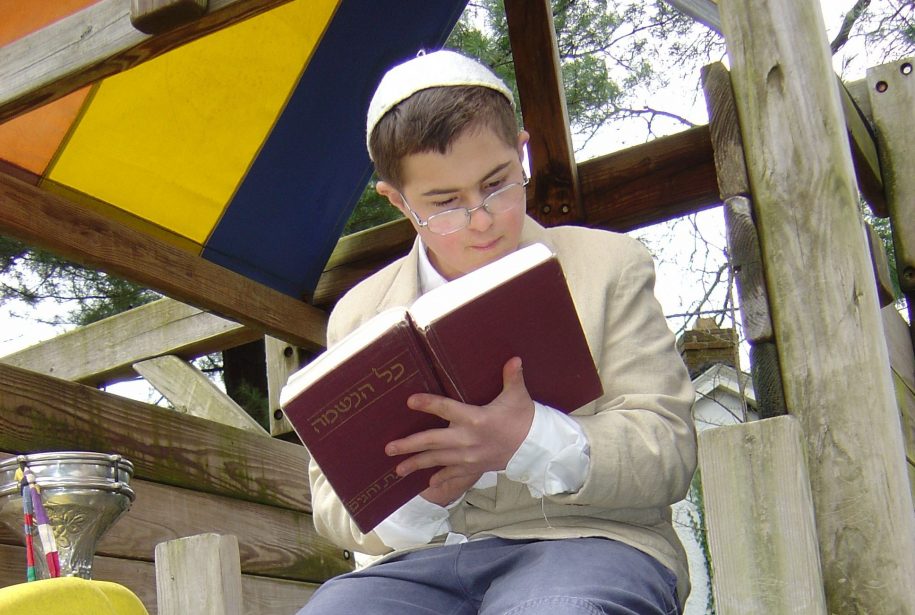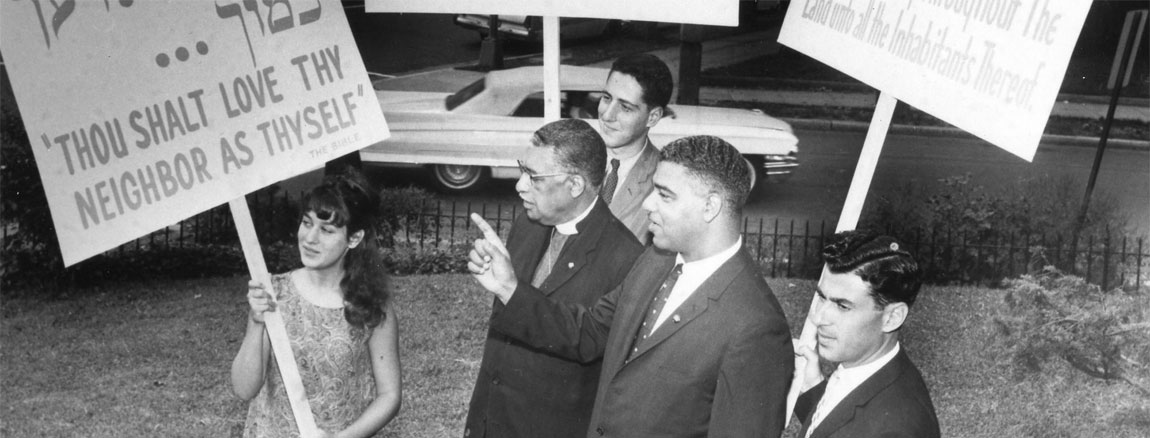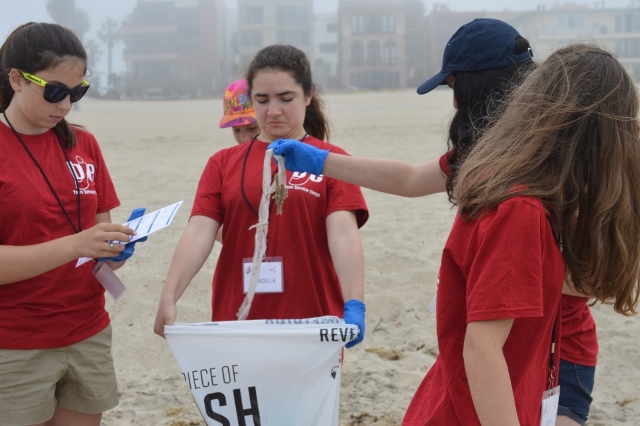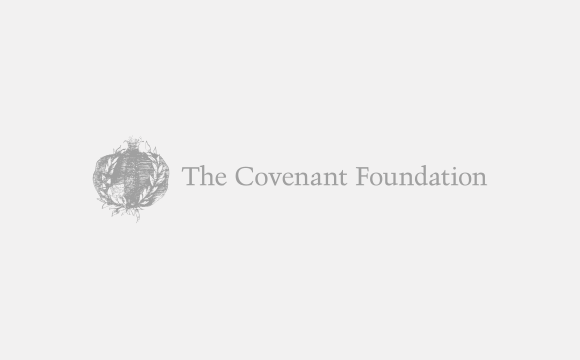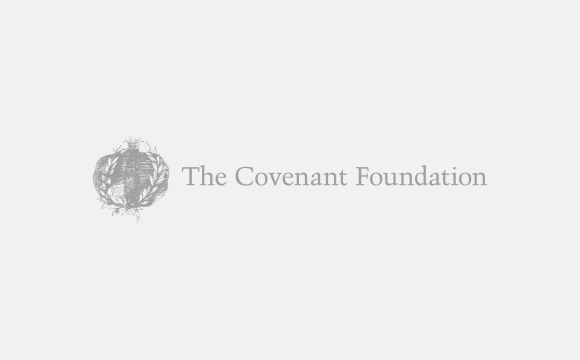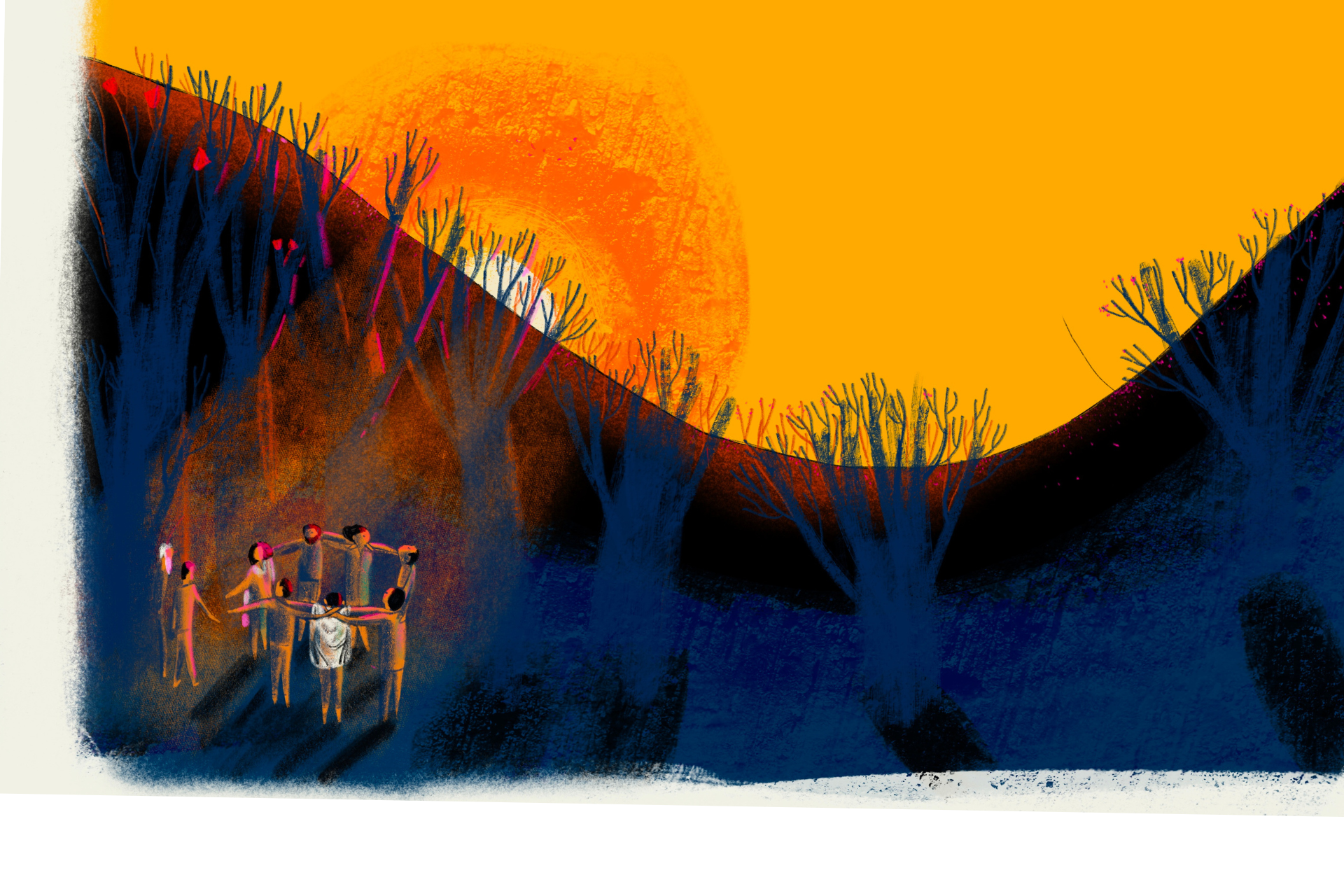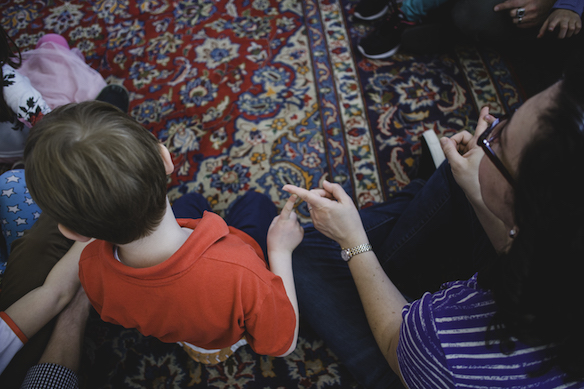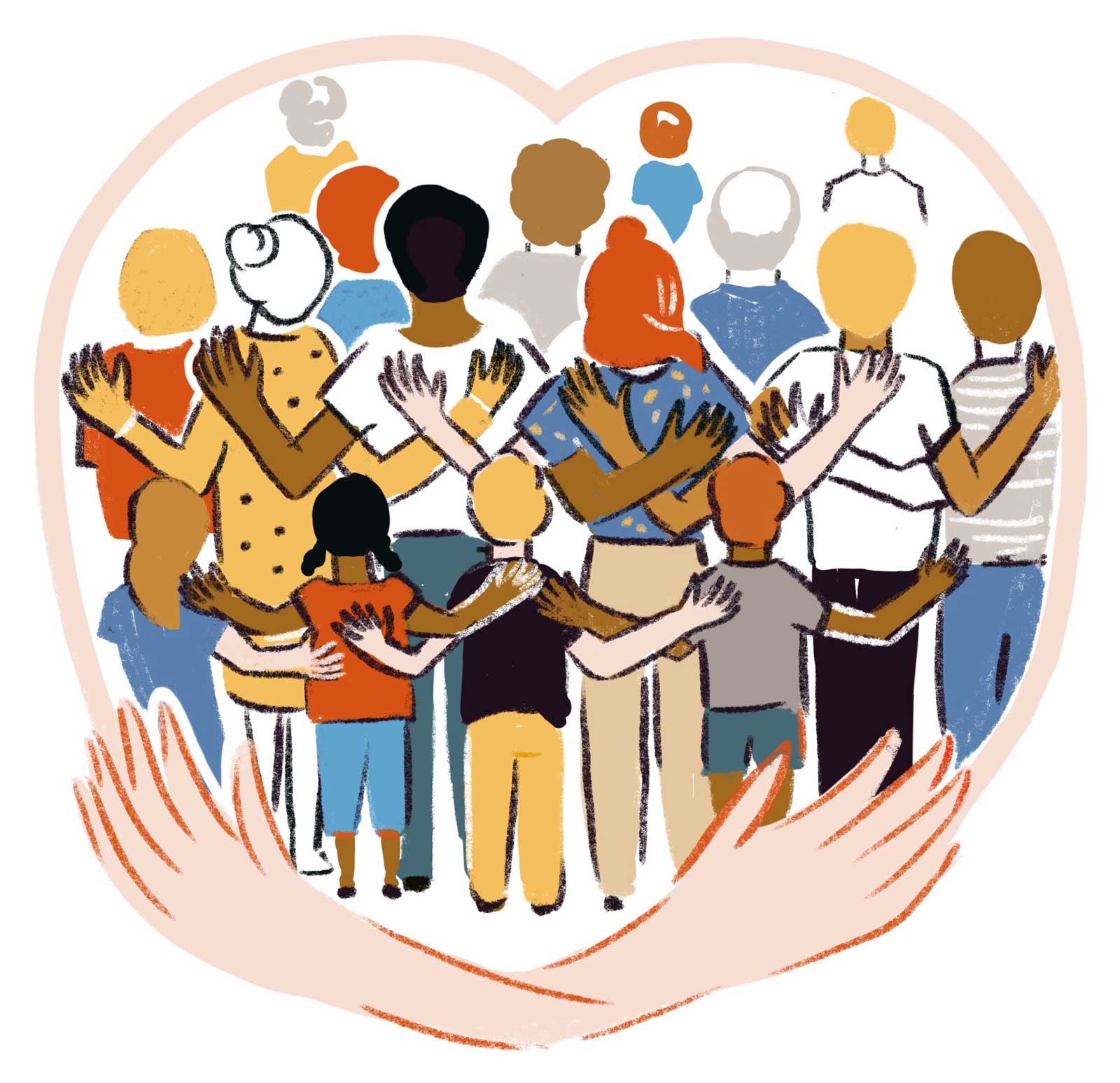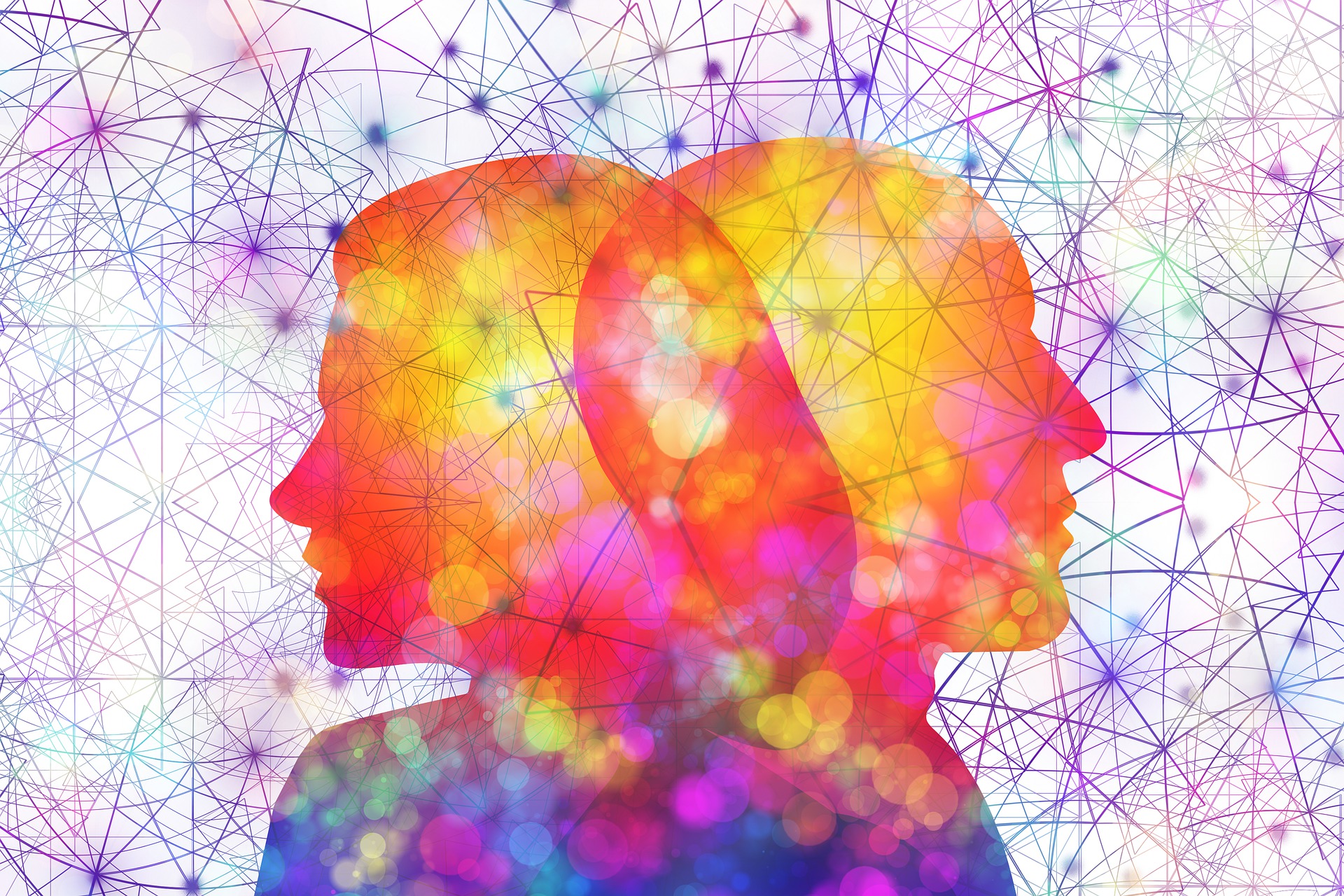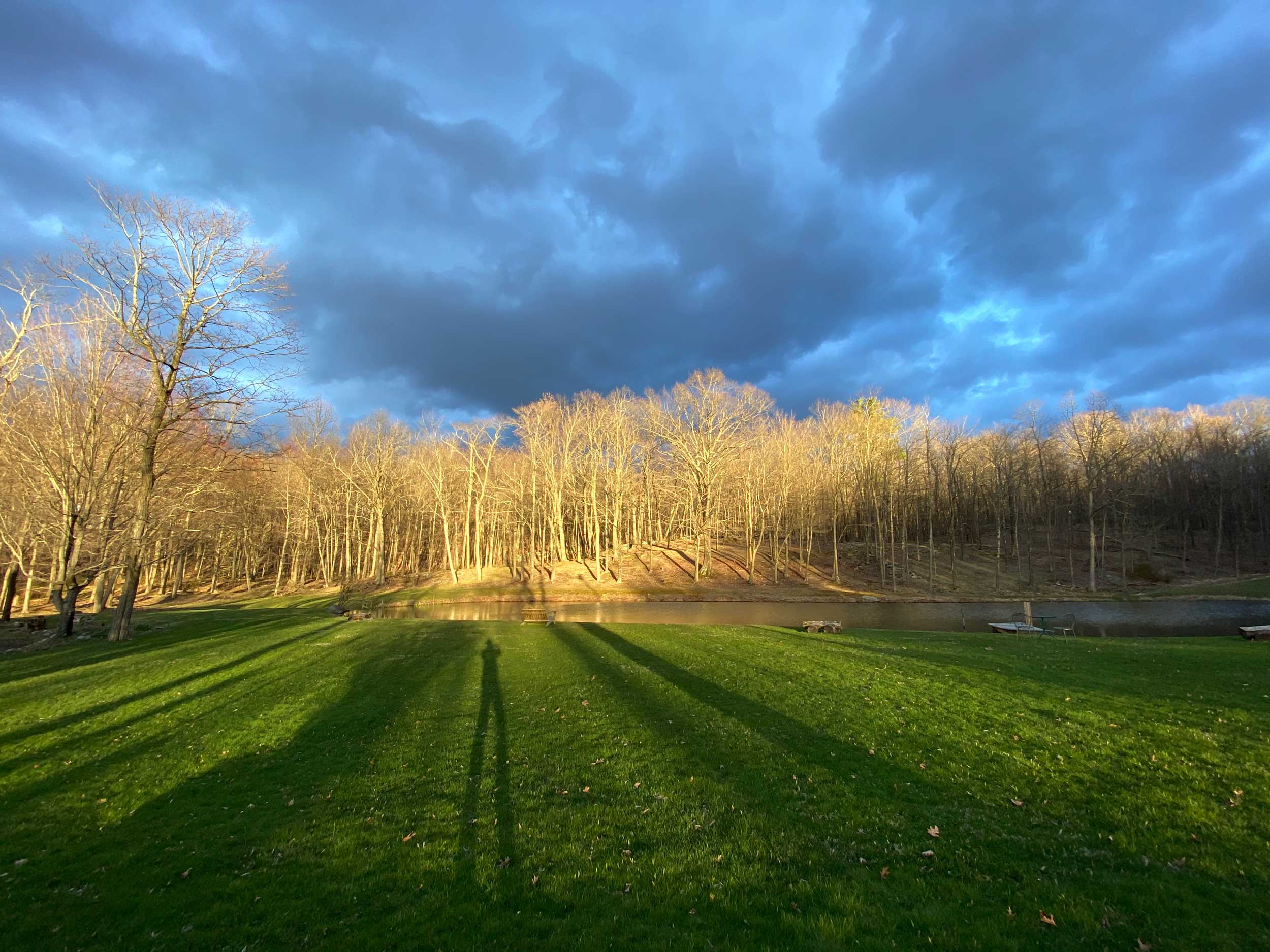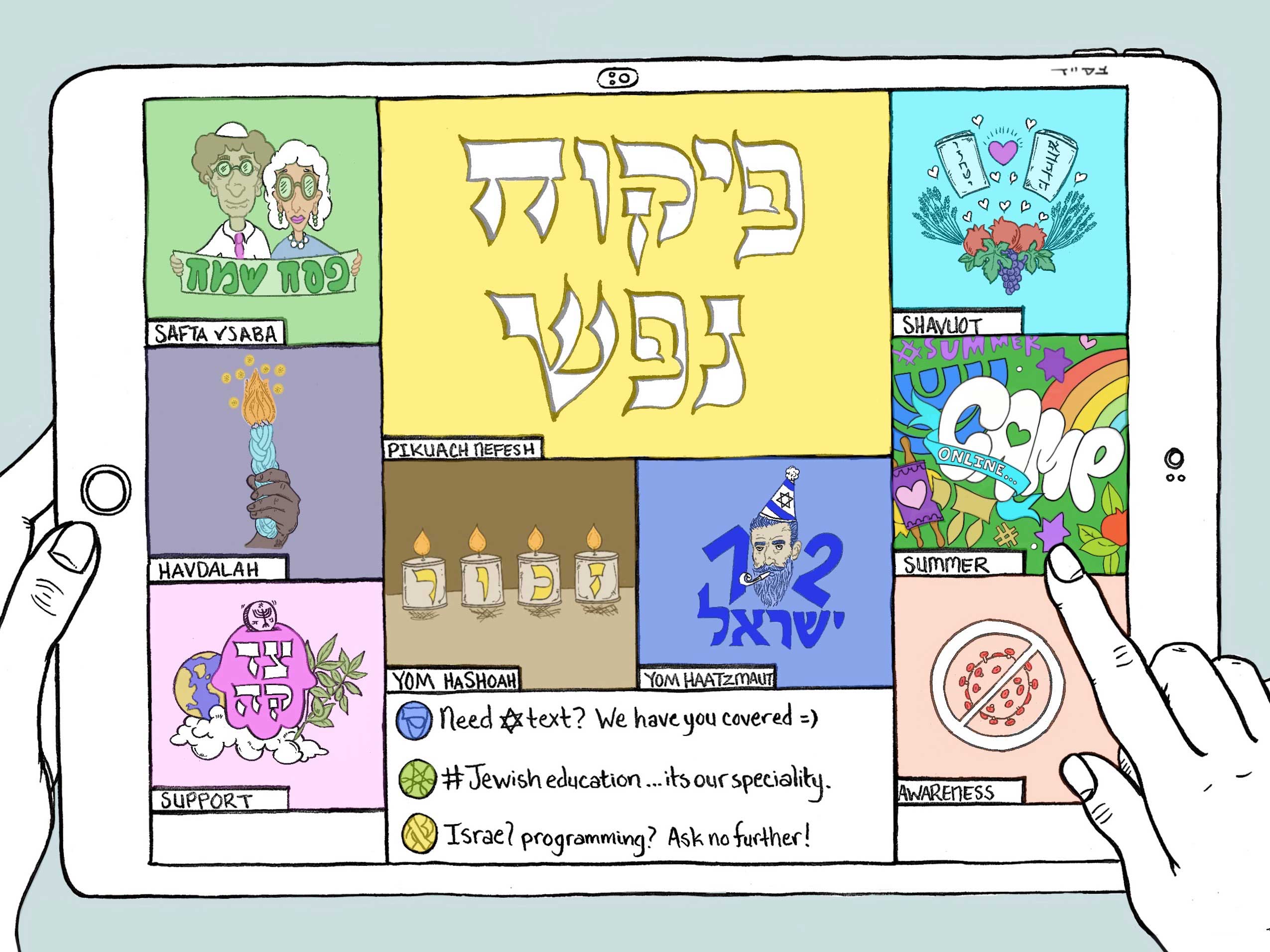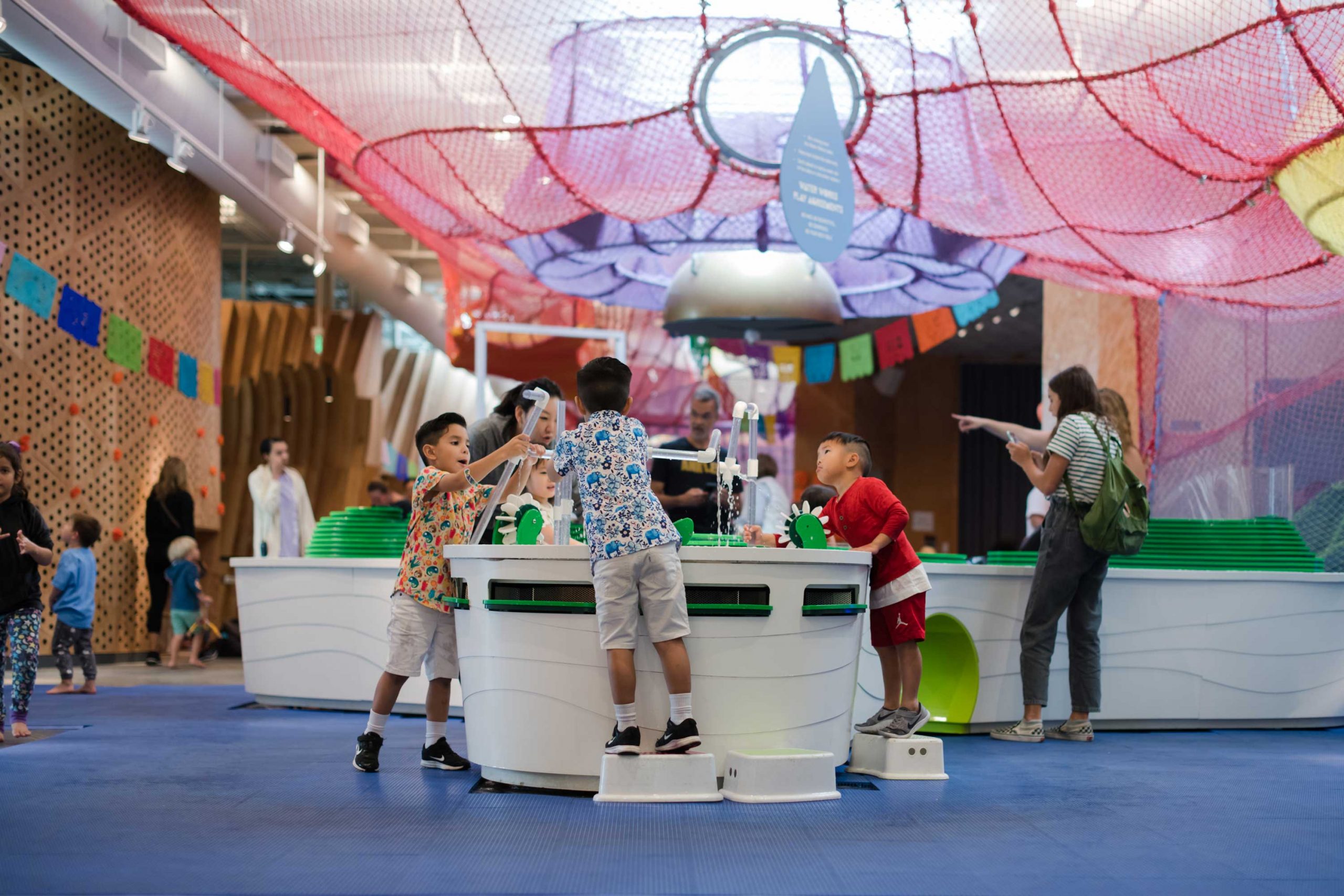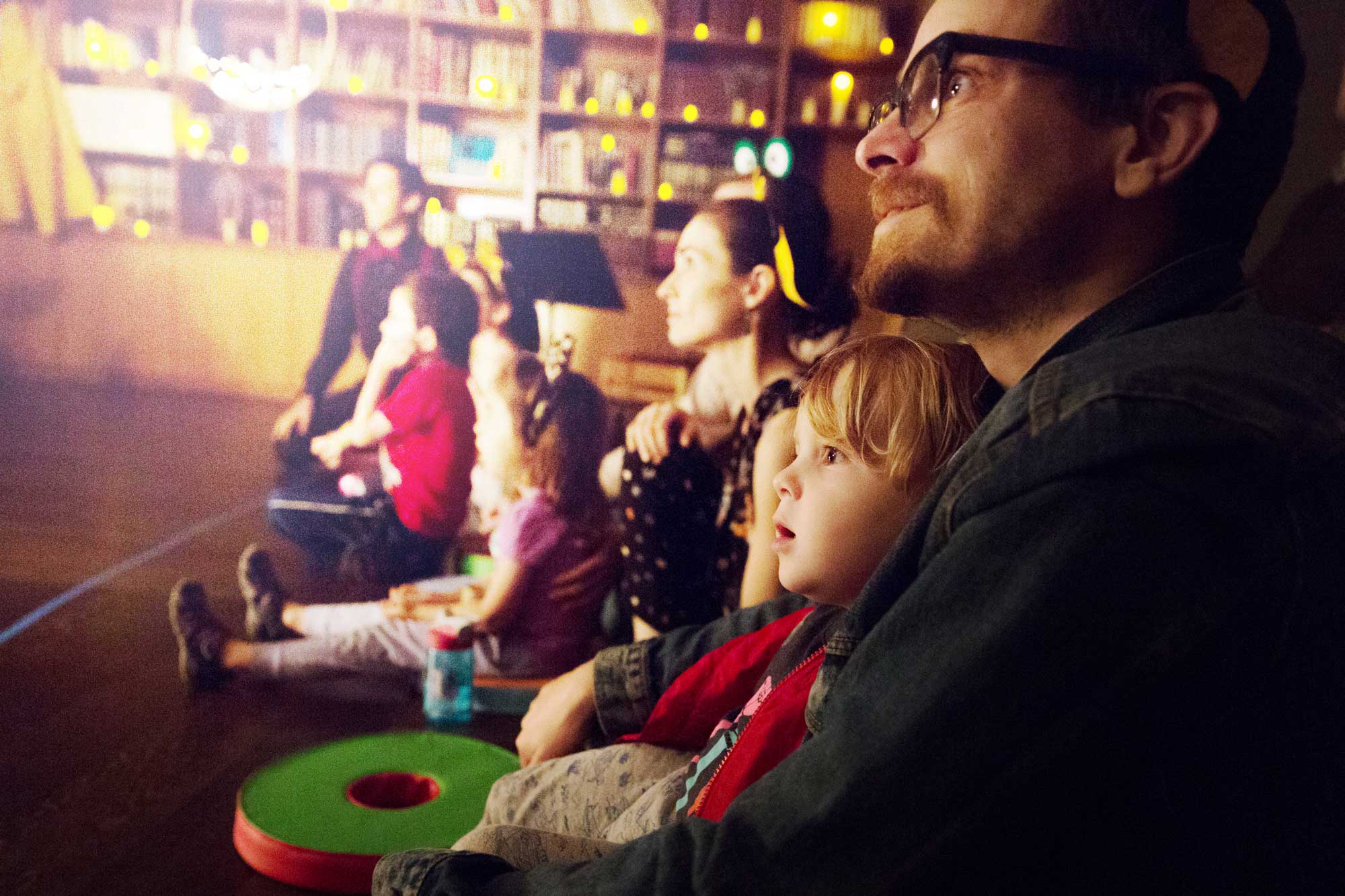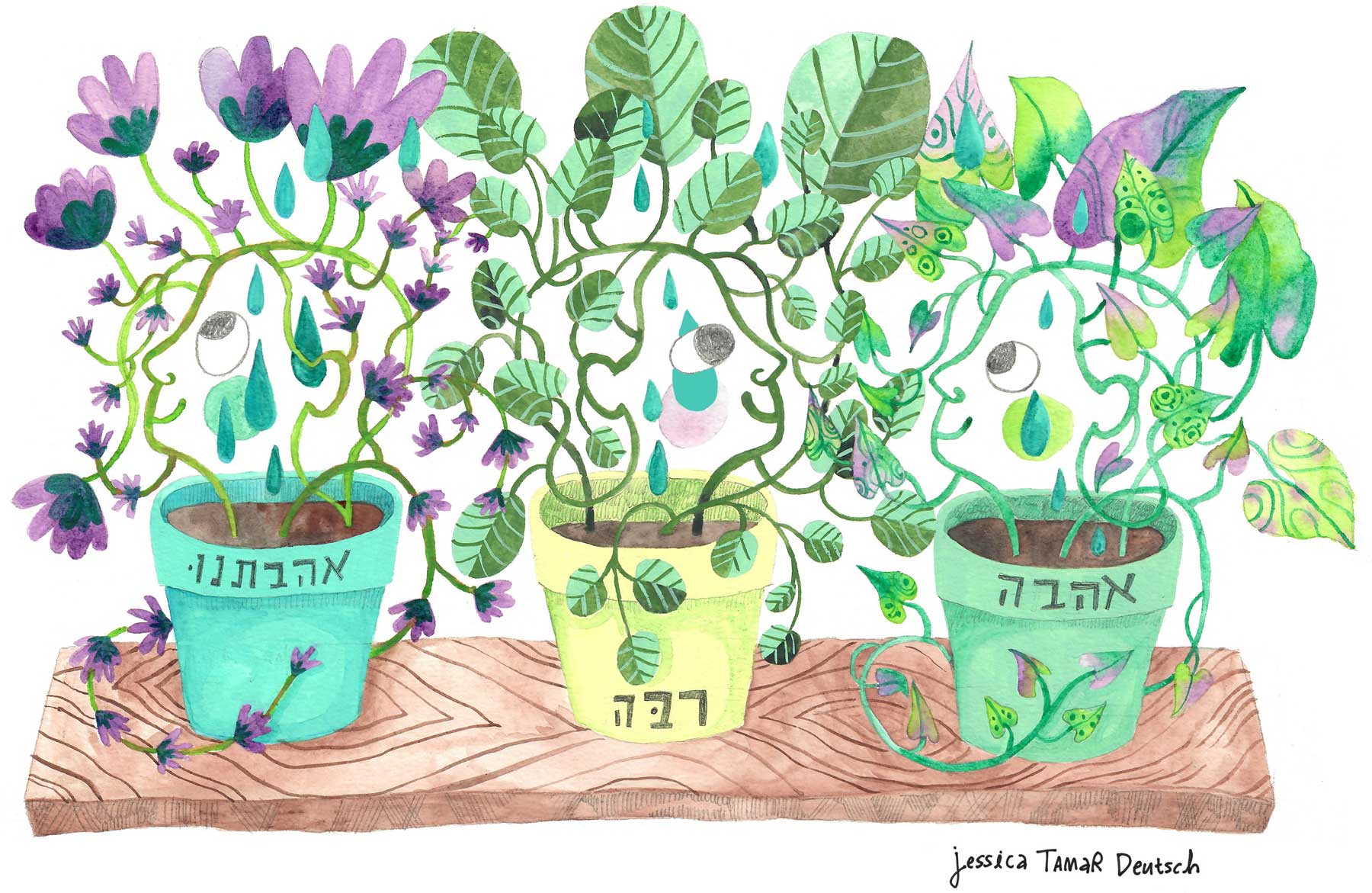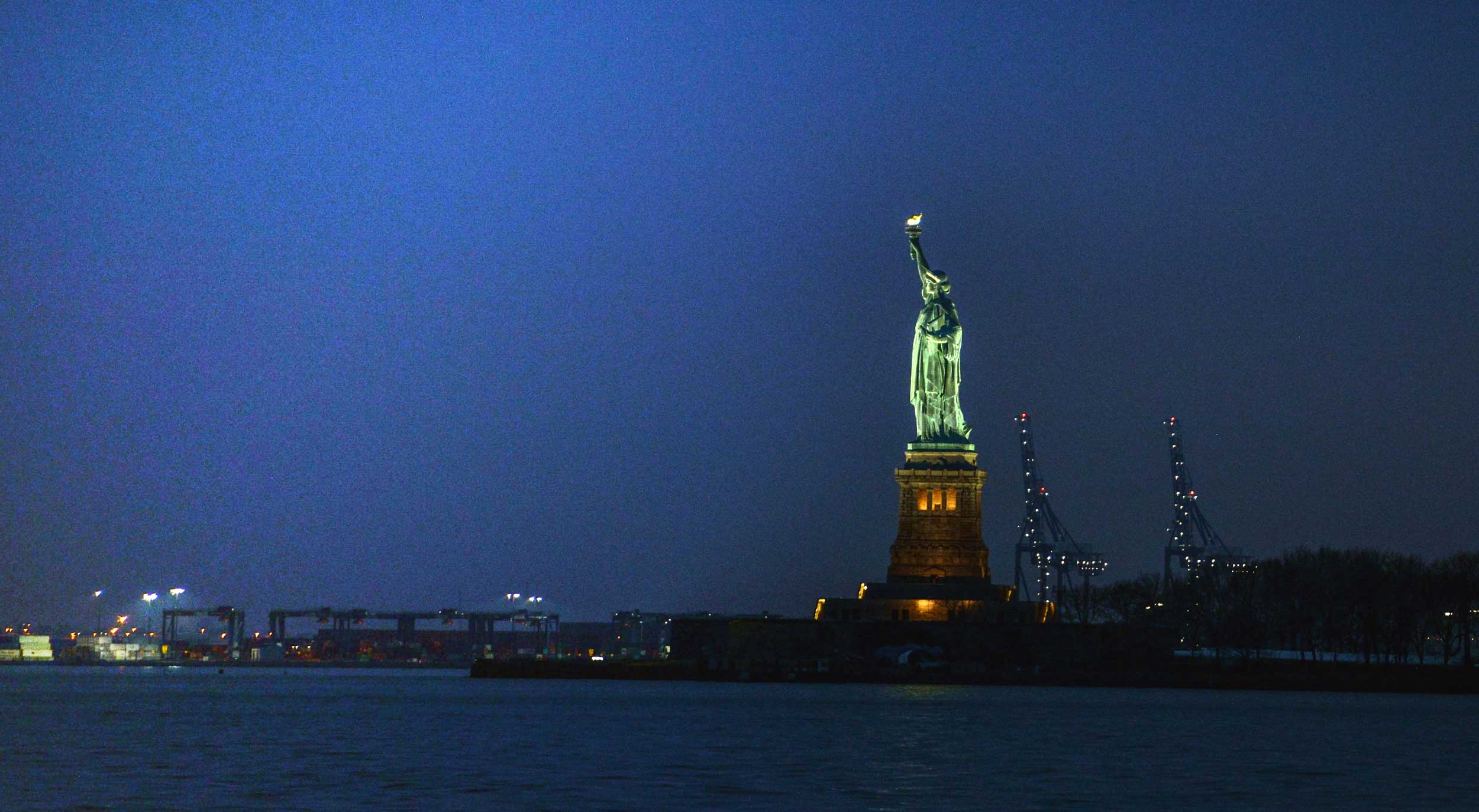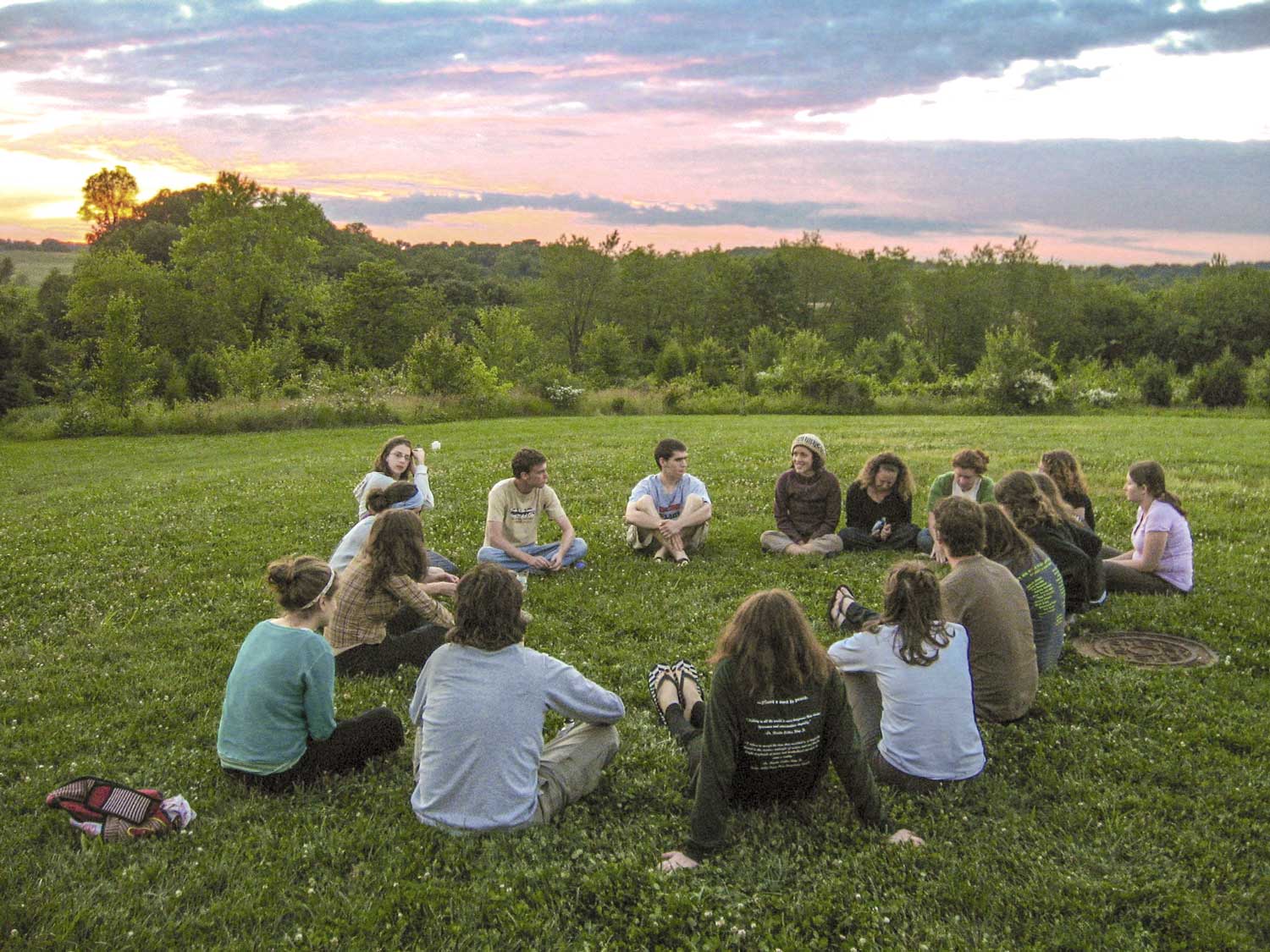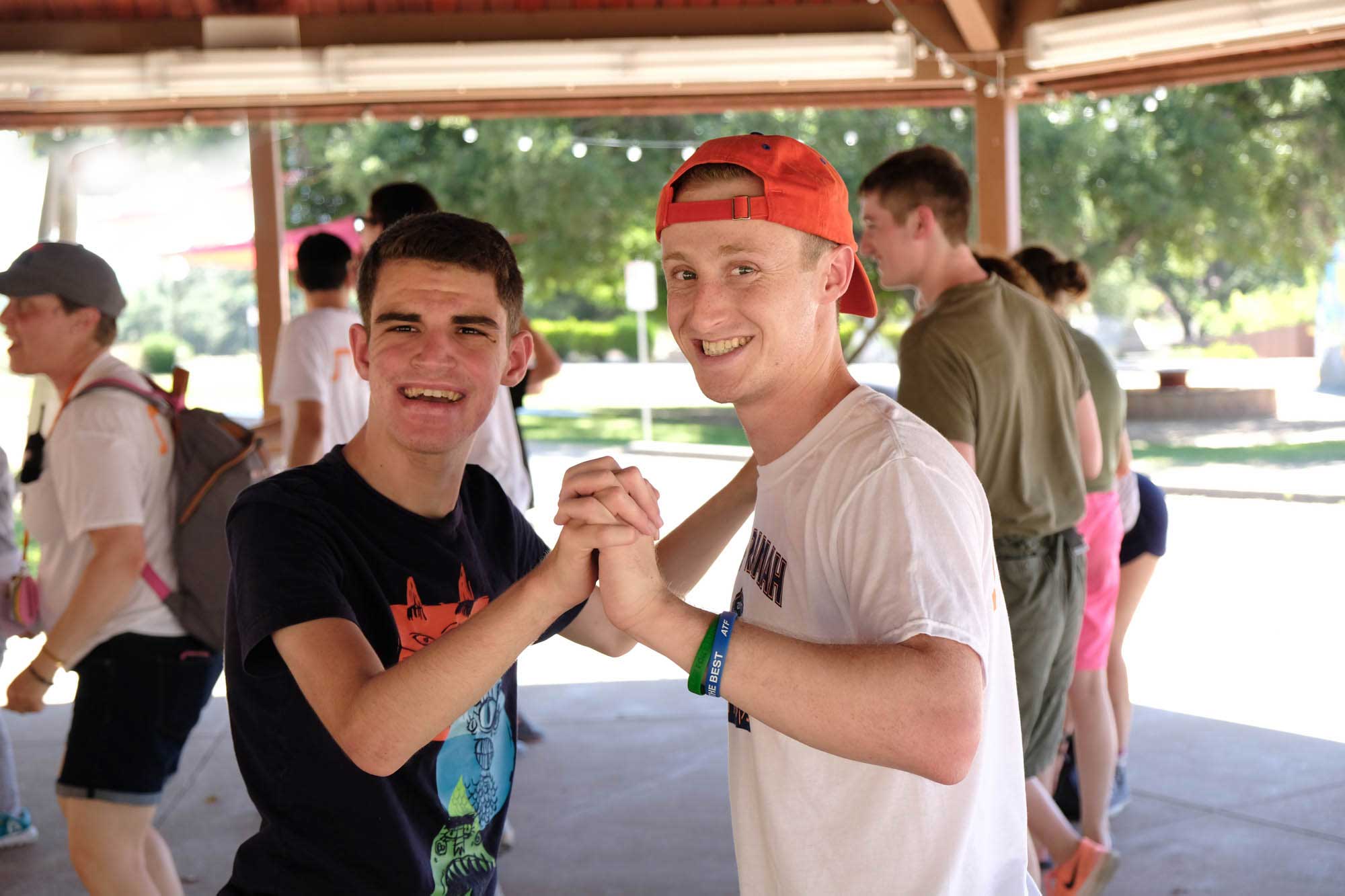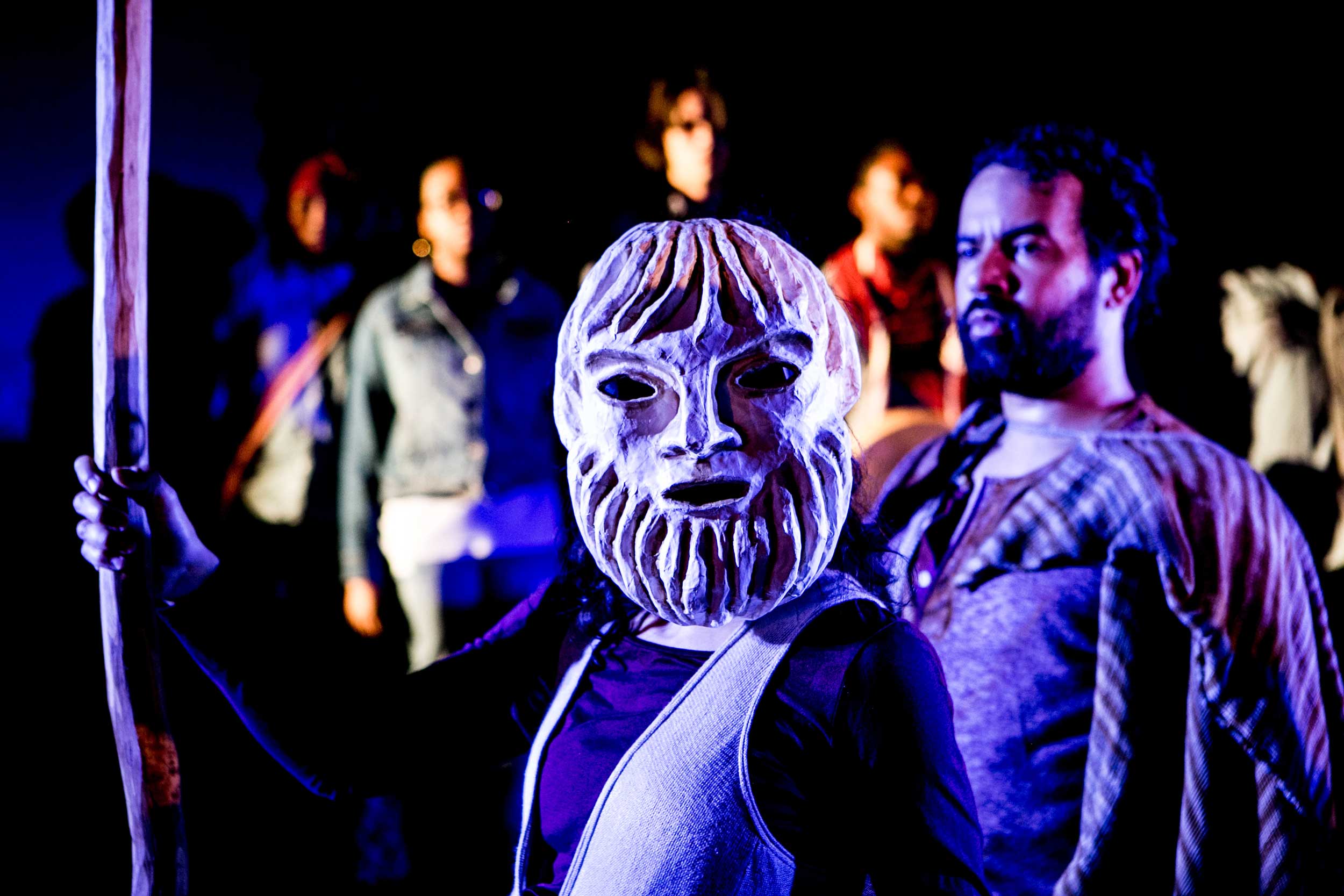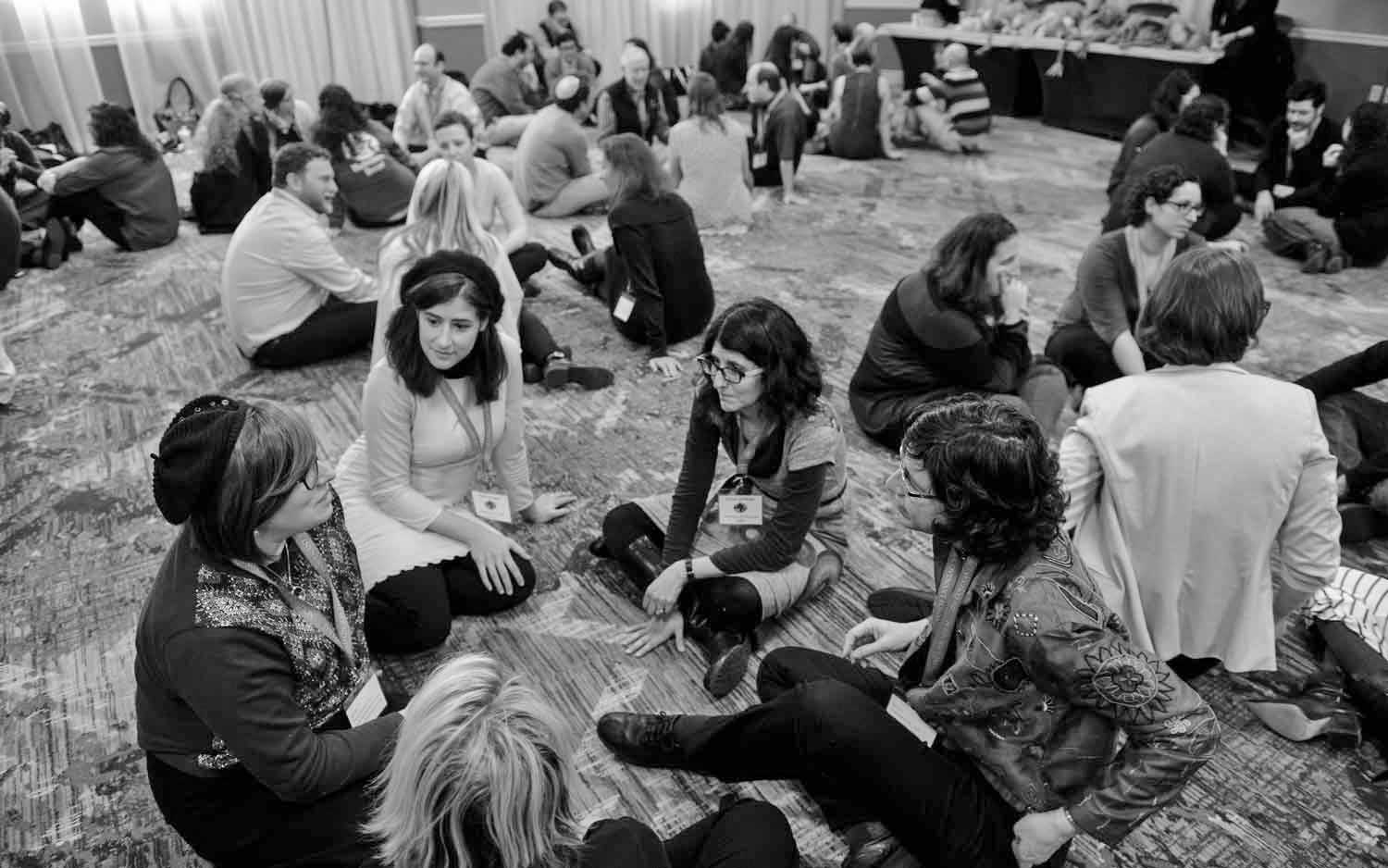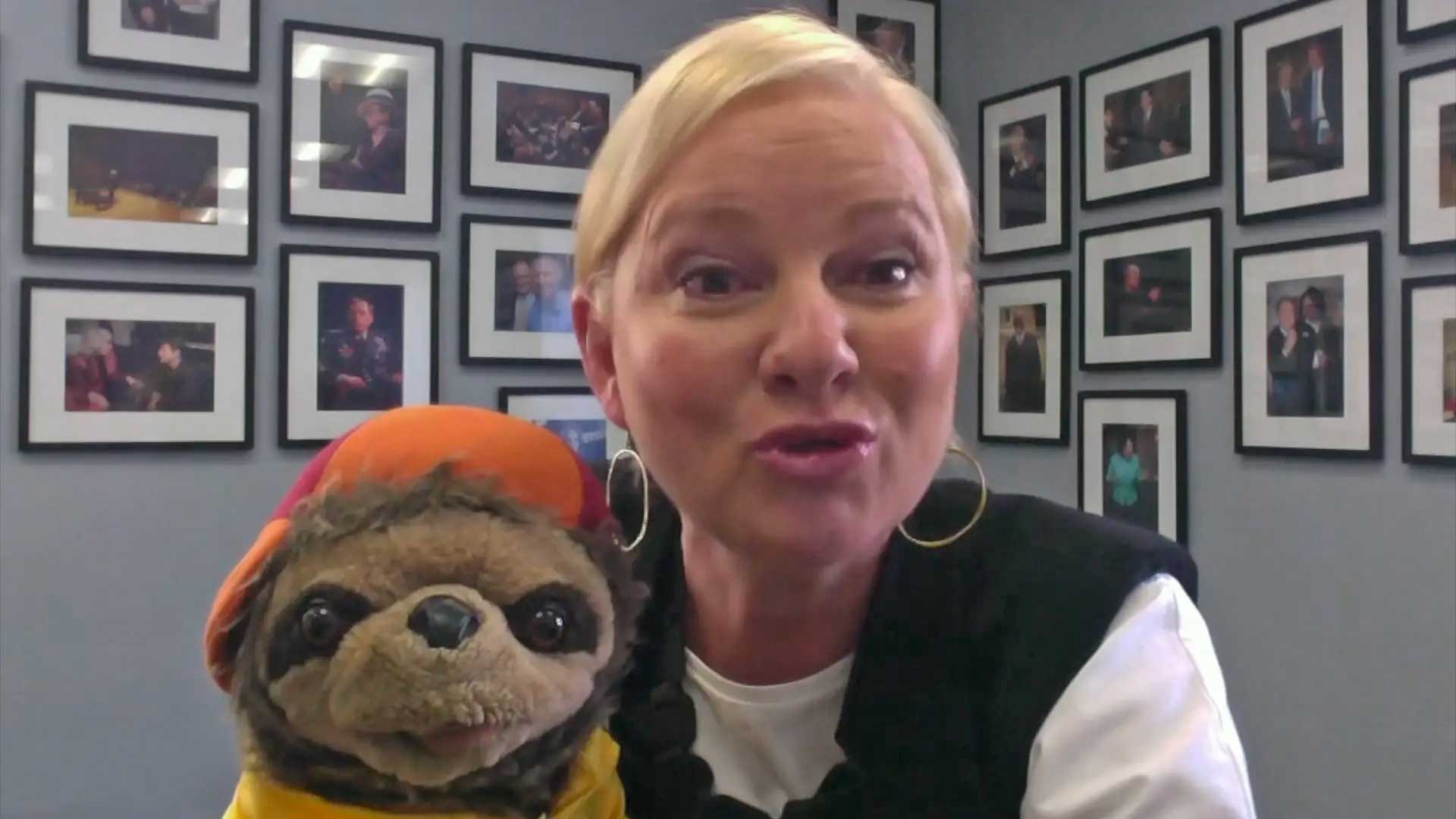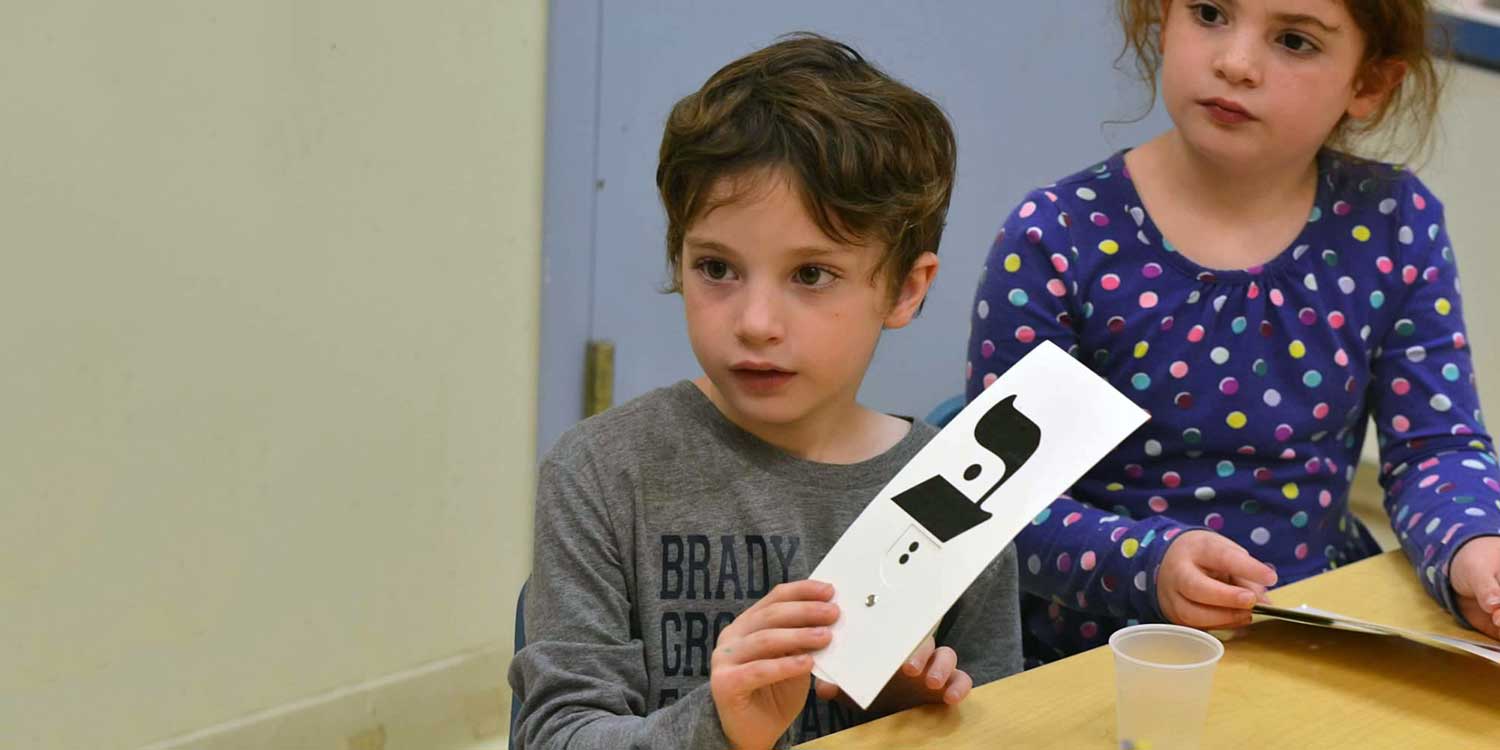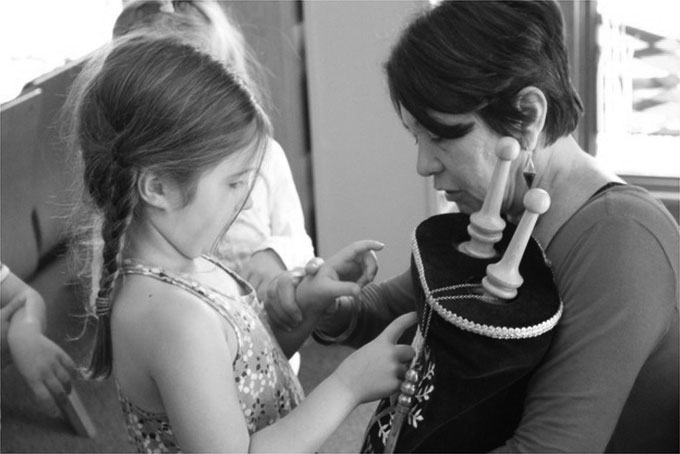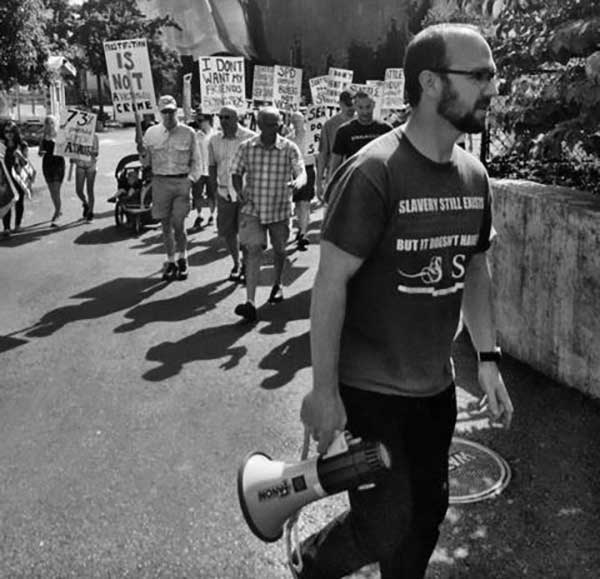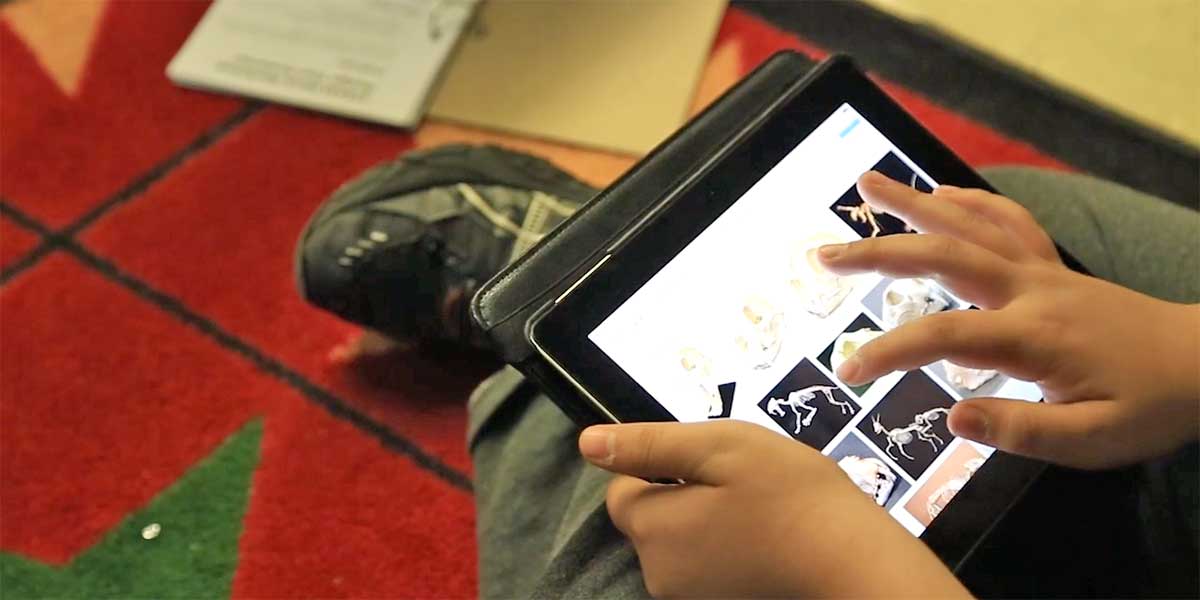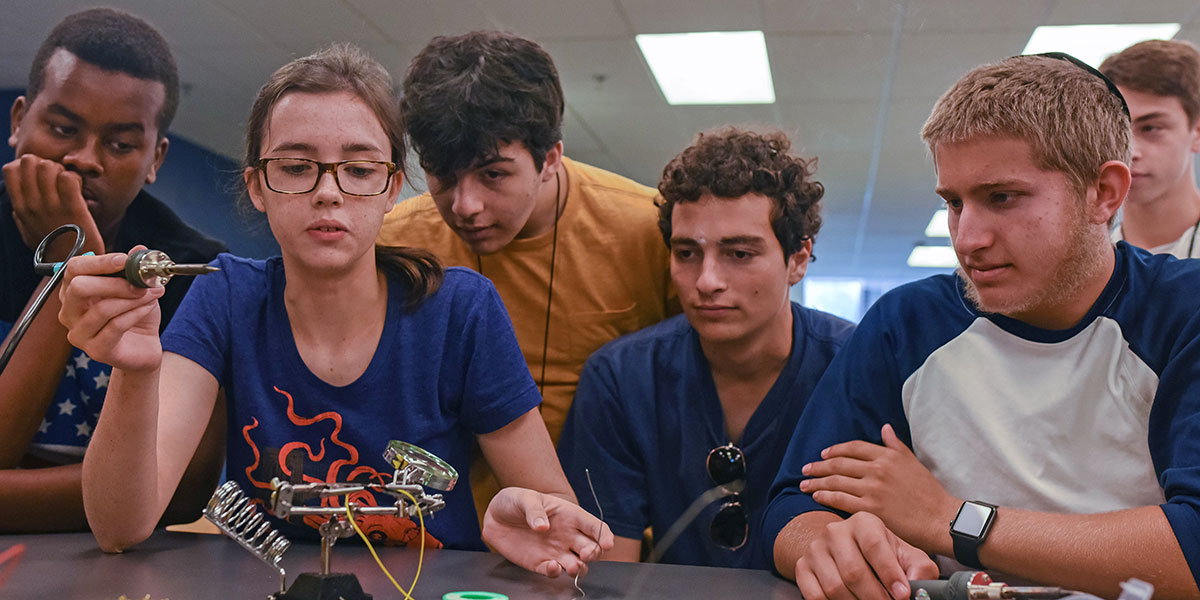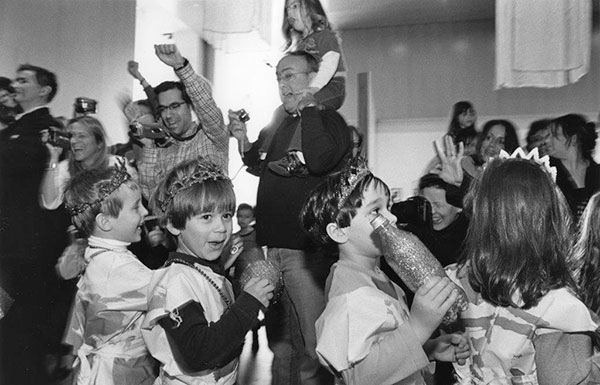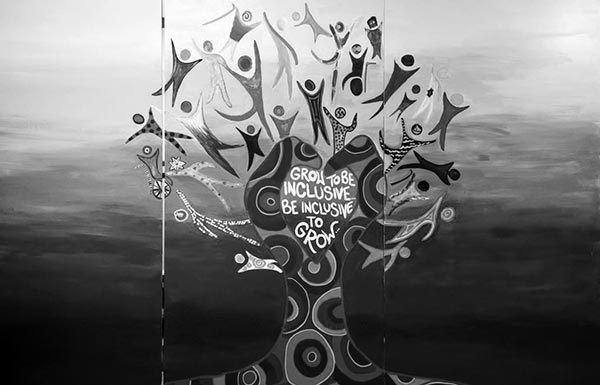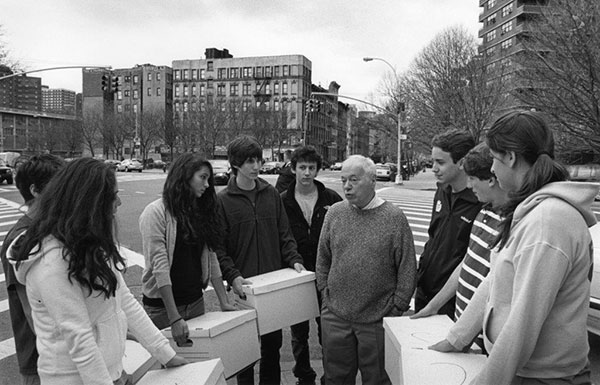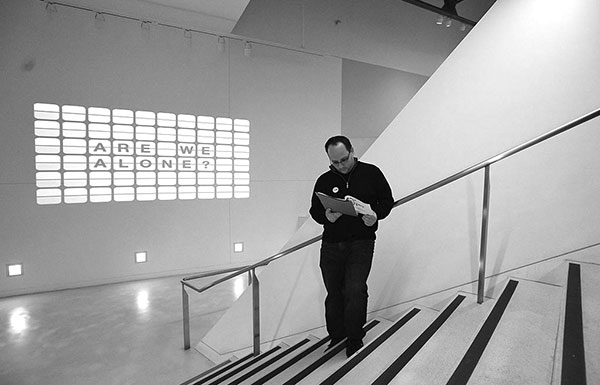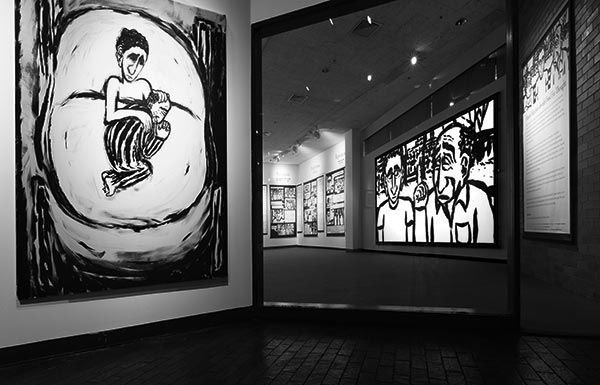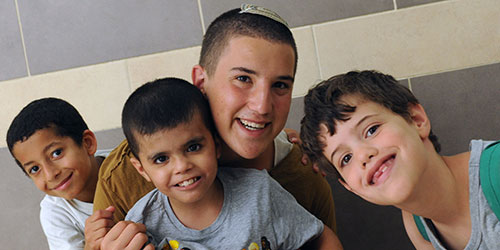
ARTICLEInclusion is a Critical Social Justice Issue: An Interview with Beth Steinberg of Shutaf
Social Justice may be understood through the many lenses found in Jewish texts, but perhaps none as foundational as “love thy neighbor as thyself” (Leviticus 19:18). In an interview conducted by Covenant Award Recipient and Director of National Ramah Tikvah Network Howard Blas, Shutaf Inclusion Programs Founder and Executive Director Beth Steinberg explores how, from a Jewish perspective, “disabilities is a Jewish peoplehood issue.”
Q: Tell us about Shutaf
Shutaf was born out of parental need. Miriam Avraham (my co-founder) and I are both parents of children with disabilities who are now teenagers. We were tired of people saying, “No, there isn’t a program for your kid and no, we don’t want your kid.”
When we started, Shutaf was a summer program; we quickly realized how great camp was and that there was a significant need in Israel for programs for people with disabilities.
Since Shutaf was born in 2007, we’ve grown tremendously. Shutaf Inclusion Programs in Jerusalem now offers year-round activities for children, teens and young people, with and without disabilities. Our programs include day camps during the Passover and August vacations; afterschool youth groups; a Young Leadership Program for teens and young adults; Inclusion-Accelerator Workshops and parent gatherings.
Shutaf is a place of complete acceptance and inclusion for all kids of all abilities; religious and secular, rich and poor, from all cultural backgrounds.
Q: How can we understand inclusion as a social justice issue?
Including people into the larger Jewish community is a critical social justice issue. In fact, the word “inclusion” itself implies ex-clusion, and therefore warrants a social justice approach. Allowing every member of the community--especially those with disabilities--a way in means equal opportunities for all. That’s a good thing to work towards. That’s a good thing to believe in.
We need to X-out the word inclusion and come up with a better word. (The URJ (Union for Reform Judaism) is using a new term; “audacious hospitality.”) I recently taught at a synagogue in Philadelphia and people said, “Let’s just call it “welcoming!”
In the end, all words have limits and the issue is big—so many people are still marginalized. The bottom line: these are Jews who shouldn’t be left out of the conversation.
Q: What would an ideal inclusive world look like?
Inclusion is where everyone finds their place. It is a world where fewer limits are placed on people with disabilities. It is less about trying to include those with differences into our pre-existing settings (meaning, those settings that were built for people without disabilities).
In an ideal world, we would eliminate terms like “high functioning” and “low functioning” since they create divisions. It is not for any of us to say what a person is allowed to do and not allowed to do!
Q: What other programs in Israel are doing important social justice and inclusion work?
There are so many people in Israel doing great work in this arena. Here are just a few programs to check out:
- Shai Asher (Milton's Gift) is a non-profit career-training program for people with special needs, run by Menachem Stoplner, a social worker who lives on Kibbutz Shluchot:
- Revital Lan Cohen is an elected government official (member of the Meretz party) and the parent of child with autism spectrum disorder. She has built a very impressive parent coalition which you can read about on her Facebook page:
- HaBayit Shel Ronit runs a social program for adults with disabilities.
- Bizchut is the Israel Human Rights Center for People with Disabilities.
- Kaleidoscope promotes understanding between all populations by fostering the development of the social skills such as self-awareness and collaboration that form the foundation for respect for diversity and appreciation of multiculturalism. As a research-based educational approach, Kaleidoscope begins its process with skill-building workshops that emphasize reflection for educators, students and parents within Israel’s Jewish and Arab sectors.
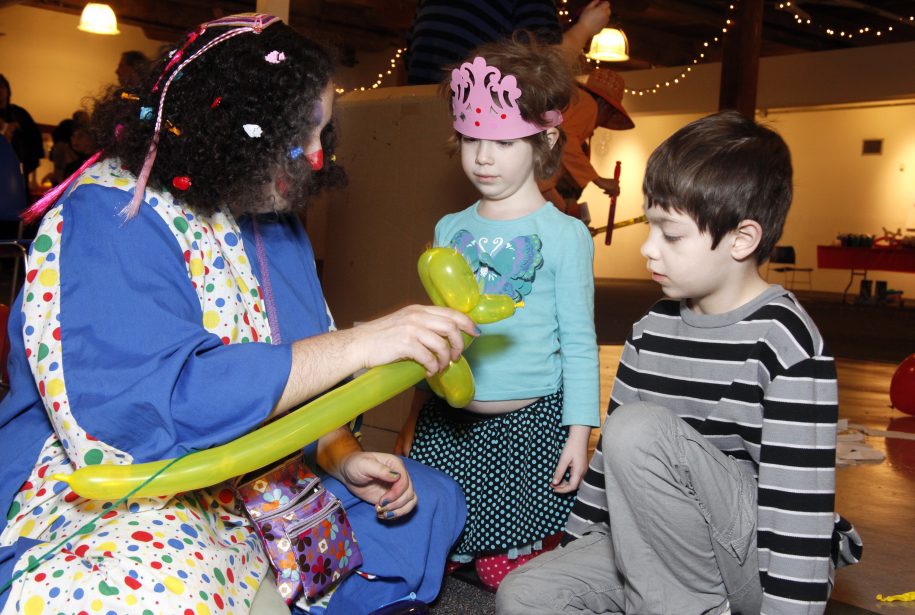
Giving Families and Children Access to Jewish Experiences, No Matter What
998
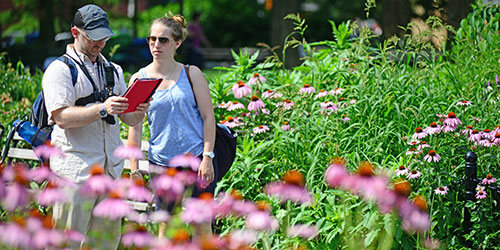
997
